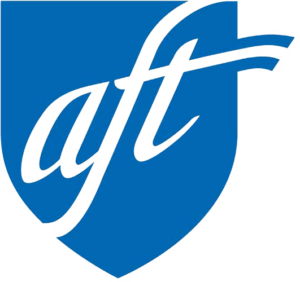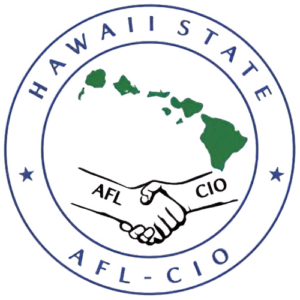R-20, Roles and Consultation Protocols Involving UH Administration, UH Professional Assembly, and UH Faculty Senates
General Statement
University of Hawai‘i Board of Regents Policy RP 1.210 recognizes the critical role played by faculty in the academic governance of the University, and authorizes the establishment of Faculty Senates to “advise the administration (primarily at the campus and unit level) on matters impacting and/or relating to the development and maintenance of academic policy and standards to the end that quality education is provided, preserved, and improved.”
Hawaii Revised Statutes (HRS) Chapter 89 requires the University of Hawai‘i to bargain with the exclusive representative of the faculty, the University of Hawai‘i Professional Assembly (UHPA), over terms and conditions of employment as defined by law, and to consult with UHPA on all non-bargainable matters affecting employee relations. The duty to consult requires the University to present information and receive comments and suggestions from the exclusive representative before making changes in any major policy, and early enough that the input may be effectively considered.
The purpose of this memorandum is to designate topics that the University administration will refer to the Senates or other shared governance entities, to UHPA, or to both. Generally, academic matters are referred to the Senates or other shared governance entities, and employee relations matters are referred to UHPA. Some topics have mixed academic and employee relations aspects, and are referred to both. The parties recognize that distinguishing between academic matters and employee relations matters is not always easy. The parties also recognize that some faculty consultation may occur at the departmental level, and not through the formal consultation process with UHPA specified by HRS § 89-9(c), or the consultation process with the Faculty Senates pursuant to shared governance. If a situation arises that is not covered by this memorandum, before making any referral, the University will first confer with UHPA in an attempt to determine the proper referral.
PART I: Faculty Senates or other Shared Governance Entities
The University will refer the following topics to Senates, or, where noted, to other shared governance entities. Absent clear impact on employee relations in a special situation, the University need not refer these topics to UHPA, because they generally do not affect employee relations.
1) Initiation, review, and evaluation of proposed, probationary, or established research, instructional and academic programs.
2) Initiation, modification, and review of courses, general education requirements, student and program learning outcomes, and degree requirements.
3) Policies related to admission, transfer, attendance, grading, and other academic matters.
4) Policies relating to assessment of courses and programs.
5) Policies relating to the classification of faculty, the expectations of faculty by rank, and the criteria, but not the process, used in determining contract renewal, tenure and promotion, and faculty five-year periodic review.
6) Policies governing student-faculty relations and student rights, other than matters involving discipline of faculty. This responsibility is shared with other recognized governance groups such as student government.
7) Review of the University and/or campus mission, strategic planning directions, goals, assessments, and related budget priorities. This responsibility may be exercised through campus committees that may include other shared governance entities.
8) Participation in recruitment, selection, and evaluation of academic executive leadership at the campus and system level. This responsibility may also be shared with other shared governance entities.
9) Polices regarding emeritus faculty, management of the academic activities of a college or department, departmental criteria for evaluation of programs or faculty, or departmental curriculum development, will be referred to shared governance entities or departments at the level concerned.
The University will make every effort to assure that consultation with Faculty Senates occurs in a timely manner during the academic year, but some decisions may be required when the Faculty Senates or Senate Executive Committees are not available for consultation.
PART II: University of Hawai‘i Professional Assembly
The University will refer the following topics to the UHPA pursuant to its responsibility as exclusive representative of Bargaining Unit 07 under HRS Chapter 89, HRS. These topics will not be referred to Senates, with the exception of major reorganizations as discussed below, or other shared governance entities, because generally they do not affect academic matters.
1) All topics recognized as bargainable by HRS Chapter 89, HRS, or the Hawai‘i Labor Relations Board, including wages, hours, contributions to health funds, and other terms and conditions of employment.
2) All topics addressed in the collective bargaining agreement between the University of Hawai‘i Professional Assembly and the Board of Regents of the University of Hawai‘i, as it may be amended from time to time.
3) Policies relating to the process of evaluation or periodic review of faculty.
4) Policies that directly and significantly affect workload, ability to gain contract renewal, promotion, or tenure within established criteria, compensation in any form, leaves with or without pay, discipline, or intellectual property of faculty.
5) Policies or programs providing supplemental compensation, or benefits such as tuition waivers for faculty.
6) Policies or programs providing housing for faculty, where provided at clearly sub-market rates.
7) Policies that directly affect the health or safety of faculty.
8) Policies that are consultable under HRS § 89-9 (c) but lack a significant component of academic concern.
9) Relocations of a Department or unit
PART III: Joint Referrals to Senates or other Shared Governance Entities, and UHPA
The following topics mix academic and employee relations, and will be referred simultaneously to both UHPA, and the Senates or other shared governance entities, for consultation, with conditions or limitations as noted.
1) Classification of faculty.
2) Transfer of programs between campuses.
3) Conflicts of interest or commitment, including establishing a canon of ethics, and an effective means of professional maintenance of those ethics, such as faculty self-discipline.
4) Changes in tuition or fees that have a material impact on budget items.
5) Major changes in academic calendar.
6) All reorganizations impacting bargaining unit 07 members will be referred to UHPA; however, the University may also consult with Faculty Senates on major reorganizations of the University or branches of it. Major reorganizations are those involving multiple colleges or programs, or significant reorganizations of University system and college administrations.
7) Proposals that affect all University employees, including but not limited to health and safety programs, housing for employees, tuition waivers, and similar programs.
8) Topics that impact bargaining unit 07 members for which the Board of Regents is seeking approval through the rule-making requirements under HRS Statutes Chapter 91.
The University may solicit advice and consultation from other governance groups or exclusive bargaining agents, if a proposed policy or program impacts those parties.
If a proposed policy turns out to be bargainable under Section HRS § 89-9(a) HRS, the University will withdraw it from the Faculty Senate(s) and pursue it solely with UHPA. The University and UHPA will confer with each other promptly if a bargainable topic is identified.
PART IV: Additional Consultation
Some faculty consultation may occur directly with department and/or college faculty and not through the formal consultation process with UHPA specified by HRS Chapter 89, or the shared governance consultation process with the Faculty Senates. Examples of such consultation include advice and consultation on emeritus status for faculty, internal budget allocations, scheduling of courses and management of the academic activities of a college or department, college or department based criteria for evaluation of programs and faculty, curriculum development, and other operational concerns. The consultation that occurs with the department and/or college faculty does not supercede or modify the obligations to consult with UHPA and/or the Faculty Senates on the subject matters designated in Parts I through III above.
PART V: Dispute Resolution
To the extent that University and UHPA cannot agree on whether a matter is within the delegation to the Faculty Senate(s) or UHPA, UHPA may grieve the topic pursuant to the collective bargaining agreement (CBA) at Step Two. If the grievance is not resolved at Step Two, and UHPA timely requests arbitration thereof pursuant to the provisions of the CBA, the University and UHPA shall instruct the Faculty Senate(s) that its deliberations on the grieved topic shall be disregarded pending the Arbitrator’s decision. This part does not supersede or diminish UHPA’s rights to grieve violations of the Collective Bargaining Agreement.
PART VI: Modification
The University, UHPA, and the Faculty Senates shall review this document at least every three years for the purpose of clarifying or modifying the consultation protocols. Modifications of this Memorandum may be made at any time in writing under the mutual signature of the parties.



